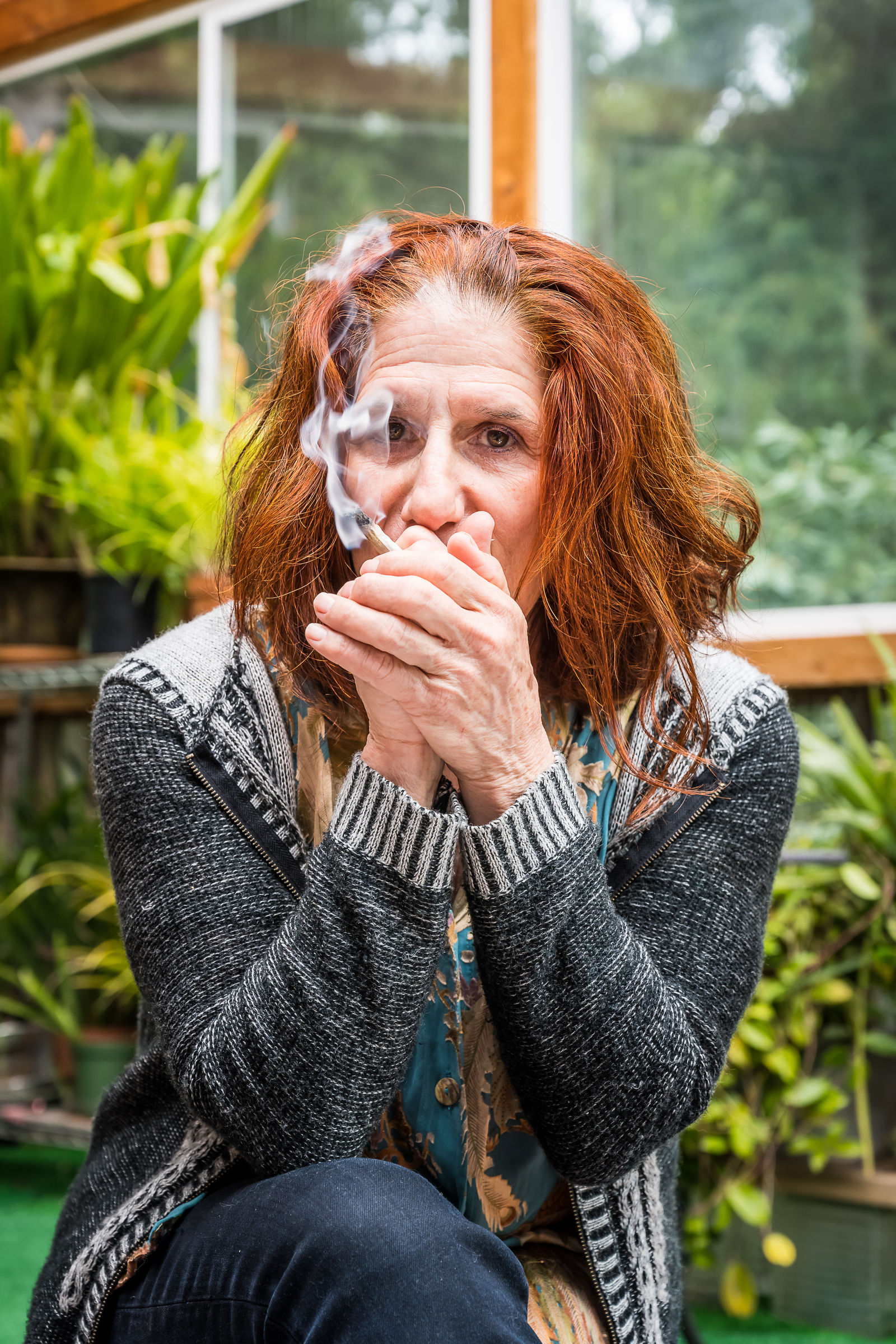It would not be an exaggeration to say that the story of medical marijuana could not be written without mention of Santa Cruz’s WAMM Phytotherapies. In its first incarnation, the Wo/Men’s Alliance for Medical Marijuana (WAMM) was a pioneering nonprofit established in 1992 by Valerie Corral and her then-husband, Michael. From risking her freedom by taking on the DEA (in 2002, 150 WAMM plants were destroyed in a raid – an action the Corrals later successfully fought in court) to co-authoring California’s groundbreaking Prop 215, Corral knows the frontlines of the battle for Cannabis policy reform as well as anyone. Though she has already received the Emerald Cup’s Lifetime Achievement Award, her work nonetheless continues – most recently with the launch of the new WAMM Phytotherapies. Speaking by phone with California Leaf, Corral shared details on her new operation, reflected on the organization’s storied past, and shared where she hopes to take it next.
What’s the difference between WAMM and WAMM Phytotherapies?
WAMM was started back in 1992, but recently we’ve reemerged as WAMM Phytotherapies. Our roots are in compassion, which has always been the case, but it’s a new business. We hope to embody the consciousness of a B Corp through transparency and by bringing awareness and focus to the health of the organization, as well as the people we serve and the planet we live on and share. While we’re not exactly a B Corp, we are a benefit corporation and we hope to become a B Corp. First, you have to be certified – but we’ll get there. Initially, WAMM was a nonprofit. We were recognized by the state the day after Proposition 215 passed in 1996, but then the Feds forbade that from happening, and they wouldn’t really let the state do it either. We were appreciated by many, but you have to change. You can’t stay static because the world is not static. What was revolutionary 30 years ago is now pretty mundane and mainstream.
Even still, the origins of WAMM is pretty revolutionary stuff.
What really moved everything forward was people power. That was the grassroots movement that Dennis Peron was largely at the forefront of, and that was really WAMM’s story as well. A lot of gay men were at the core of our group and it was a revolutionary group, but WAMM has changed because you can’t really be revolutionary anymore because it’s not revolutionary to be positive about Cannabis now. Cannabis is mainstream. Unfortunately, as a result, the teachers – the guides of plant medicines – are being marginalized as science moves in to define these practices, compounds and profiles with a rigid specificity. I believe science should not be so dismissive of the deeper knowledge that plants can infer by their very nature. Not everybody will understand it, which is why I think we need guides – both scientific and shamanic teachers.
In August, WAMM Phytotherapies lost a facility in the CZ Lightning Complex fire. Have you been able to recover from that?
It did not go well for one of the crops that we had. We didn’t think it would be problematic but, indeed, it was with the ash and not being able to access plants to water them. That was problematic for some of the outdoor landrace strains, but there’s always next year. We’ll just have to hope that the rain brings some relief.
What do you have going right now?
We’re putting products out for people to buy at other dispensaries and we’re starting our own as well. We’re keeping it small because I don’t want to waste funds, especially during COVID, that could go toward direct services for patients. We’re going to do a delivery service that will begin in the next few months, but until then, look for our products from WAMM Phytotherapies. They’re beautiful and outdoor grown. We also have some other products like our Salvation [topical] and our Milagro oil. Another focus is opening a community center, which will be on the corner of Oceanview and Soquel Avenue.
Is Santa Cruz an important part of the WAMM story?
Absolutely! The city and the county have just been amazing, at least for WAMM – and that’s because we’ve spent nearly 30 years building that trust. That trust has now transferred over into our new inception, though we’ve had to redefine ourselves because it’s a completely different entity.










